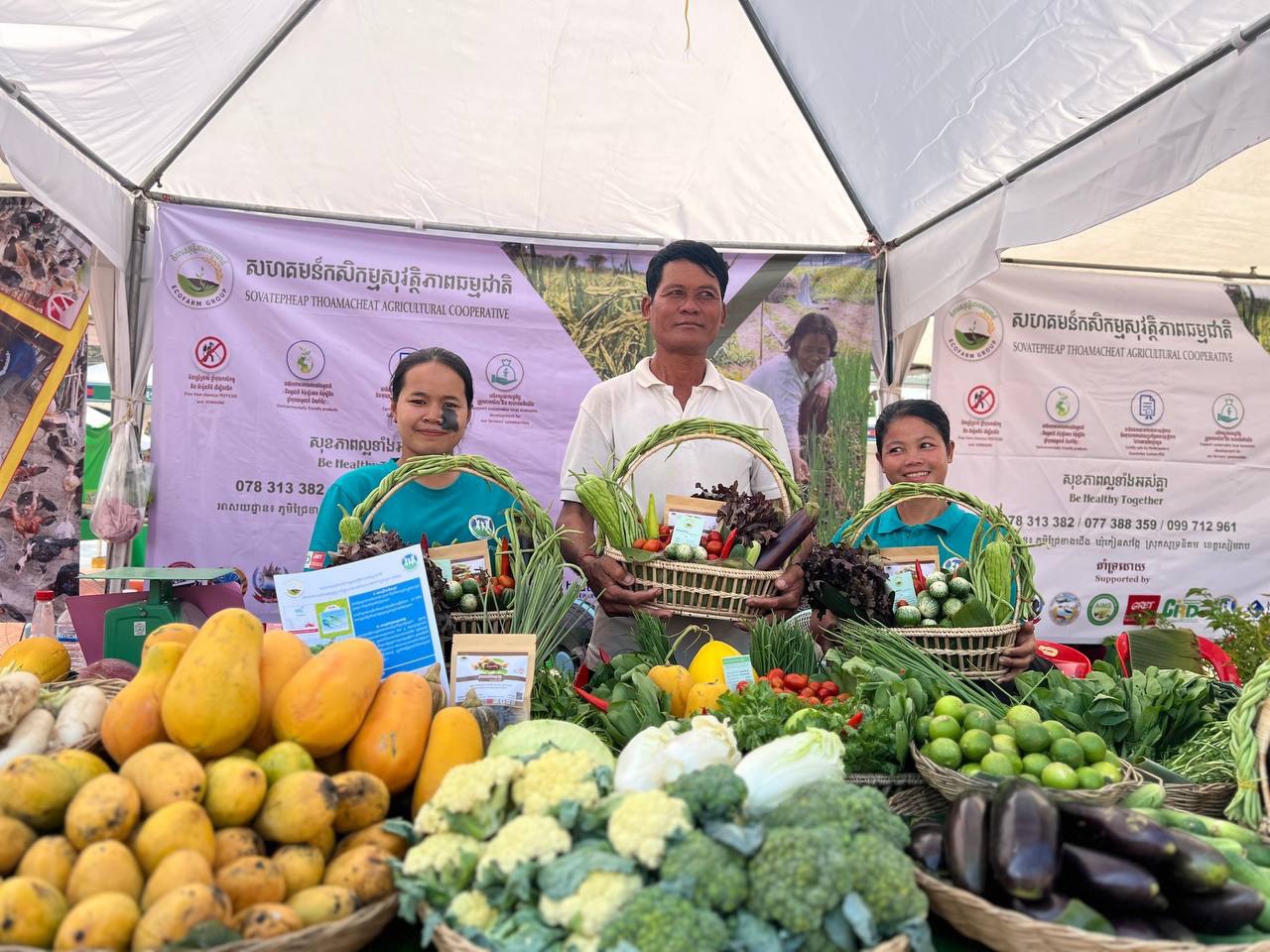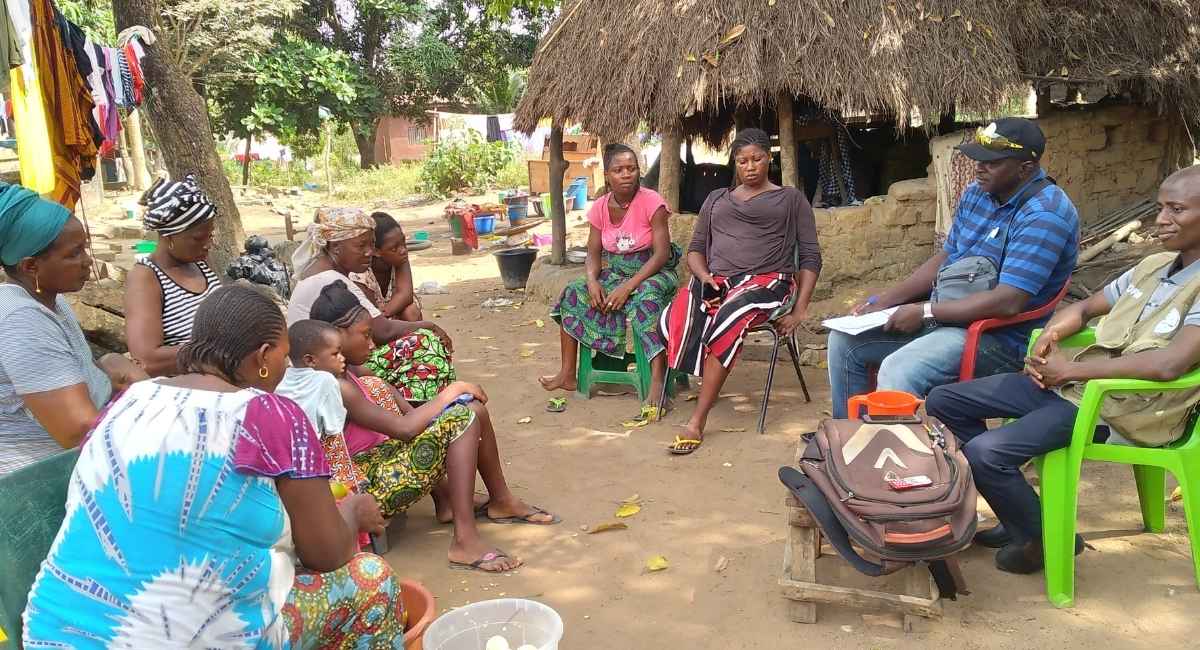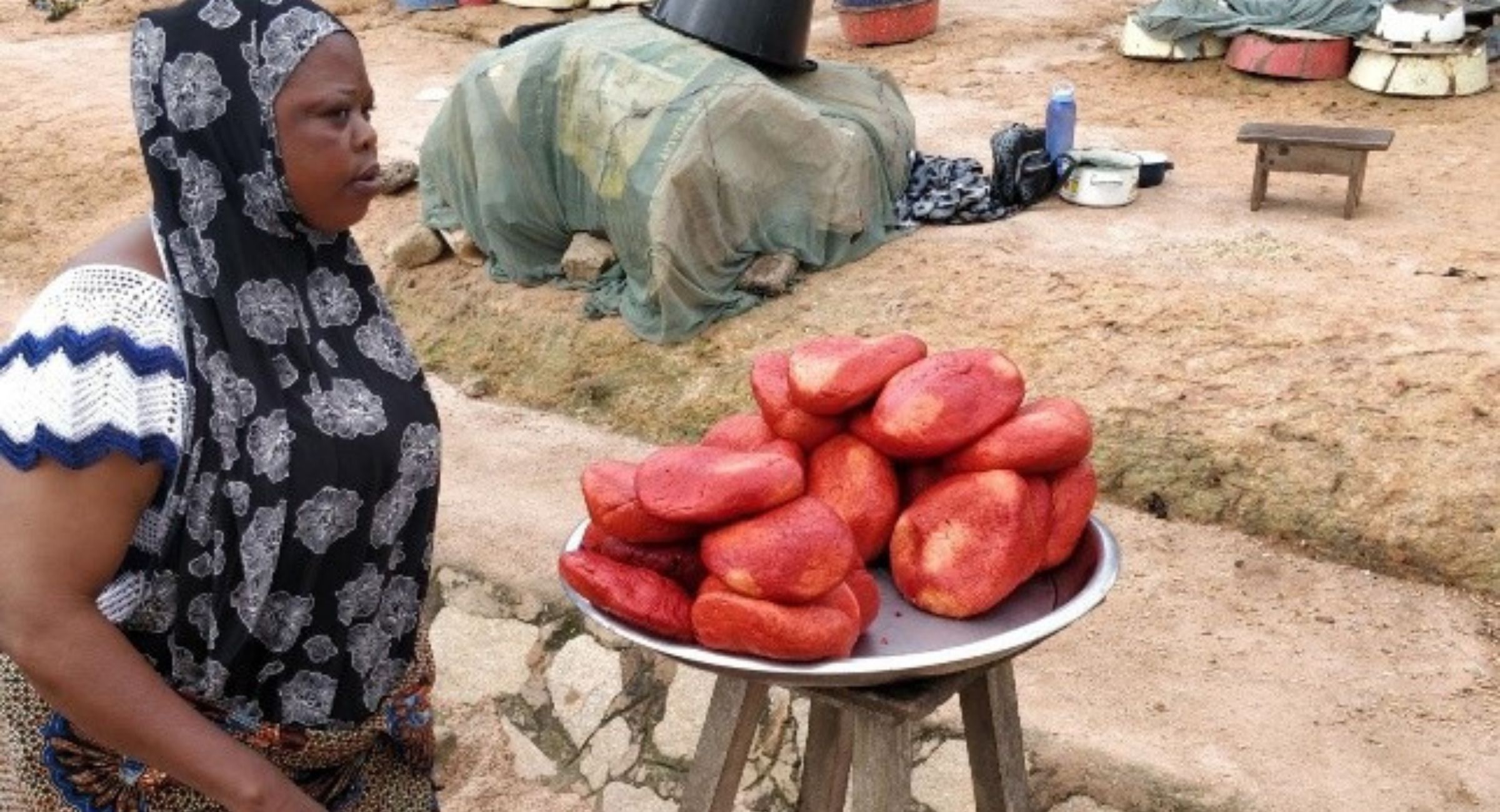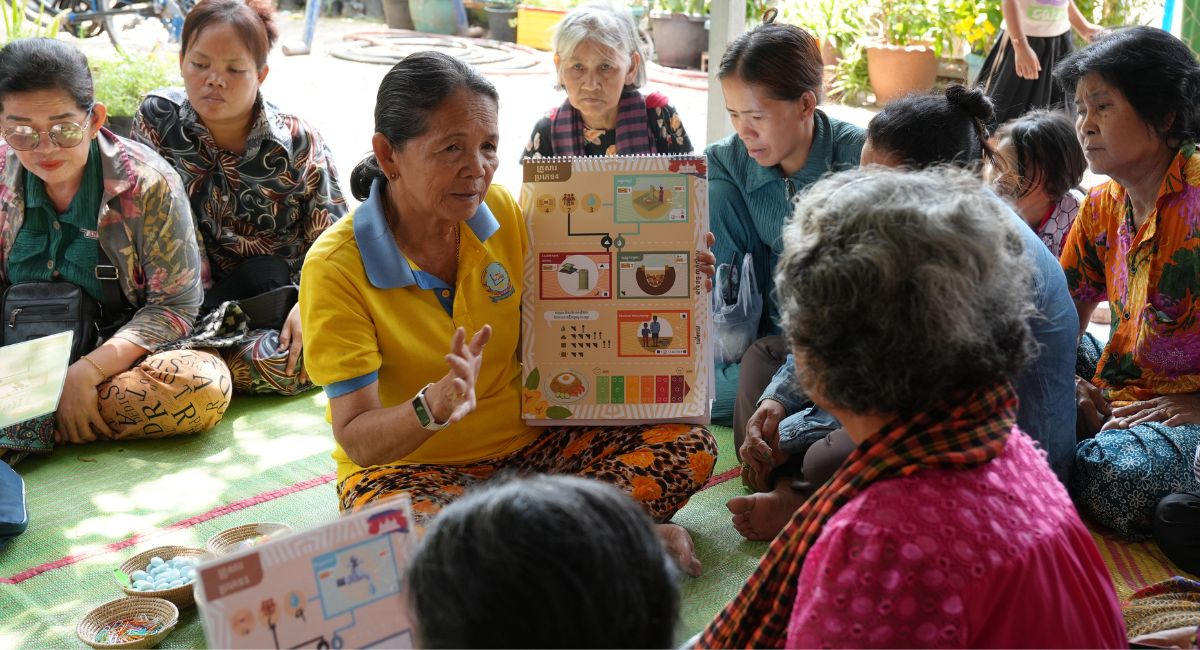In Siem Reap, the closest town to Angkor Wat, an agriculture cooperative is located just a few meters away from the main tourist destination, alongside the National Road 6. Until 2018, the site was merely a village with its own farmers’ groups producing healthy vegetables, which they used for their own consumption and to generate a livelihood through traditional businesses.
With the unpredictability of market demand, vegetable production did not not always suffice to ensure their income, which was sometimes destabilised due to fluctuating prices. “There are days when we have products to sell and earn a profit from, and others when we don’t. The buyers themselves are not committed to buying from us either,” said Mrs. Thai Soda, deputy president of the now established Sovatepheap Thoamacheat Agriculture Cooperative (Ecofarm), based in the Sotr Nikum District in Siem Reap, Cambodia.
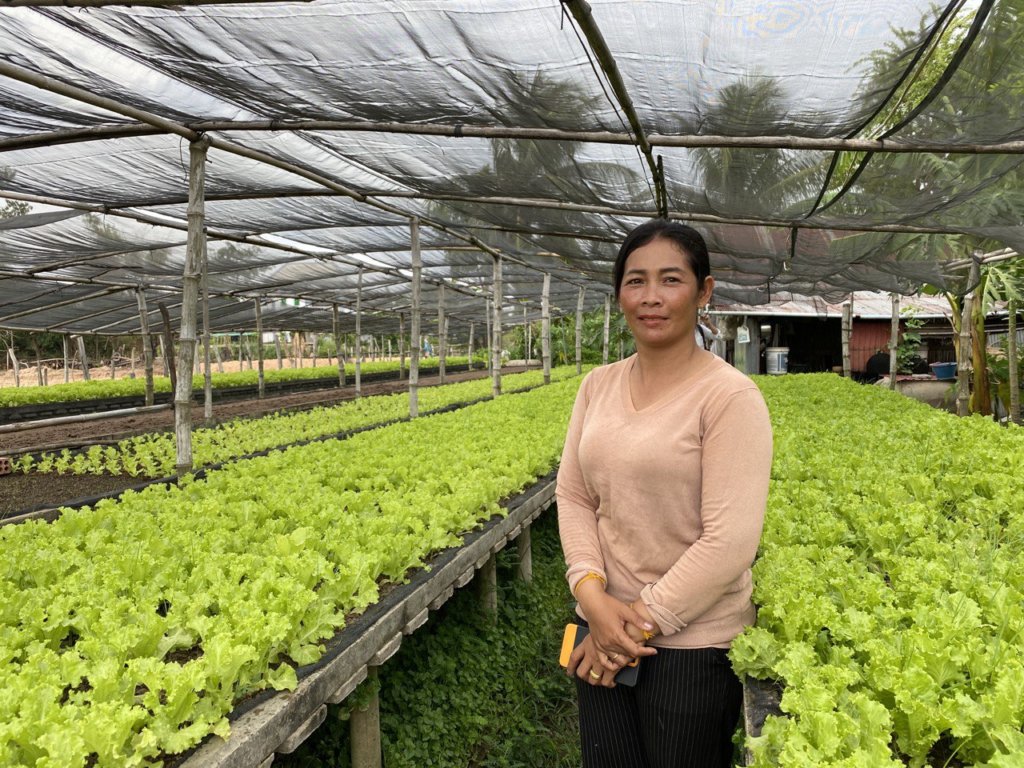
In 2018, the producers’ groups decided to improve their situation. They wanted to expand their market and gain recognition from the government, as well as from other relevant actors in the field. In 2019, they formed and registered Ecofarm as a cooperative, in which to join together and conduct business as a structured group. Ecofarm now has 120 members producing vegetables within seven villages in three communes. 93 of its members are women.
Speaking in a hopeful tone, Soda describes the many benefits of forming an agriculture cooperative. “There’s the opportunity to receive new technical skills and support from the partnered projects. We can also generate more profit by doing business collectively. There’s also support from private companies, as they normally seek products from cooperatives.”
Ecofarm now has the capacity to supply around 30 types of vegetables to 4 main partners all year. Their additional businesses also include credit, seed production, safe white rice production, and solid compost production. In addition, their members’ income is more stable, as the market for their products is secured.
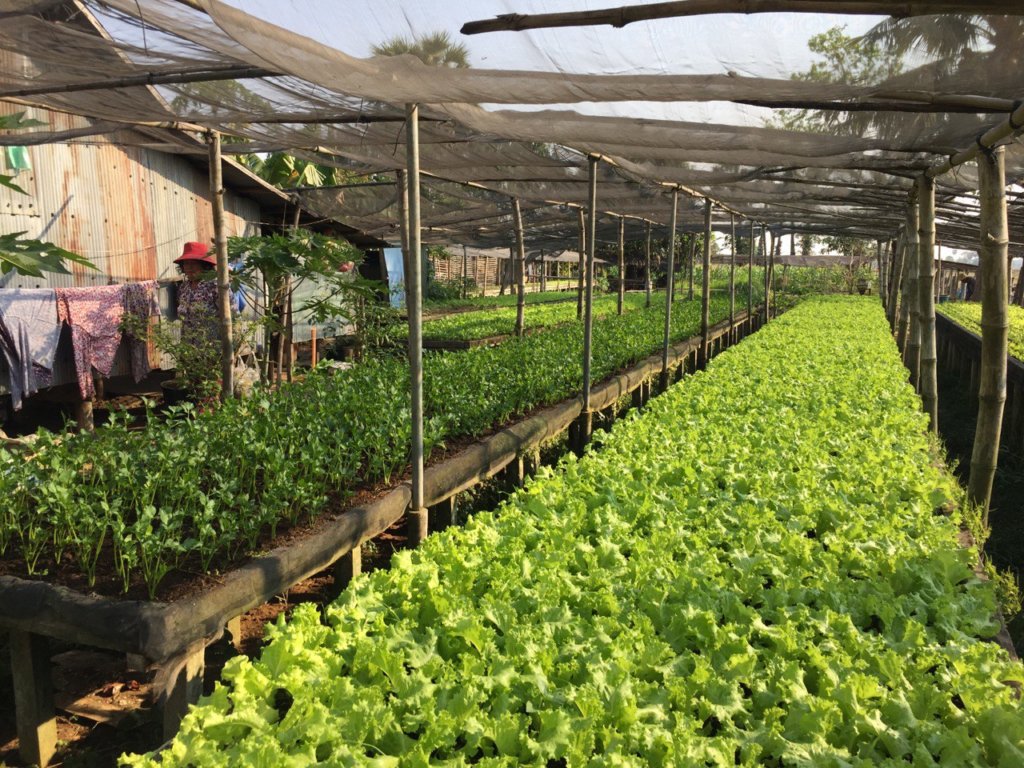
The growth of Ecofarm as a cooperative is supported by GRET’s APICI project. Through providing support in irrigation, marketing, equipment, and techniques, the APICI project has been helping cooperatives like Ecofarm to promote agroecology and safe, sustainable agricultural products that are certified through a Participatory Guarantee System in two districts in Siem Reap province.
Since 2010, the APICI project has contributed to improving and securing the living conditions of smallholder farmers through agroecological practices and structuring of local value chains. The project is funded by the Hauts-de-Seine Department in France, AFD, Syctom, and People’s Action for Inclusive Development (PAFID). It is being conducted in cooperation with the Siem Reap provincial government (Provincial Department of Commerce and Provincial Department of Agriculture mainly) and in partnership with CIRD and Media Seeds.

